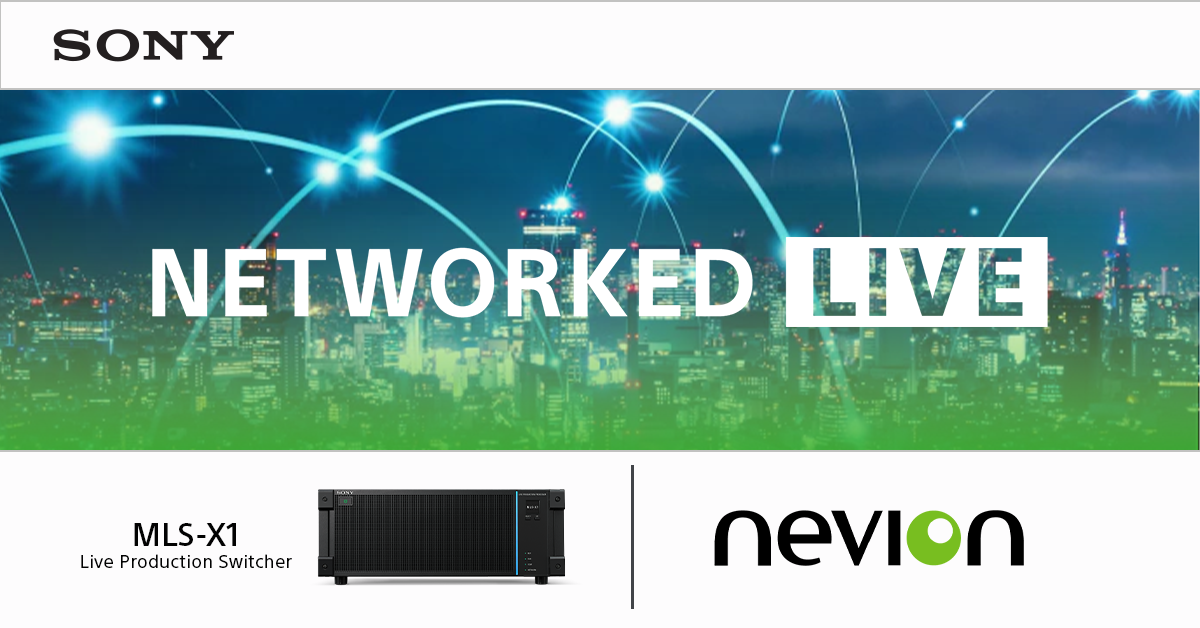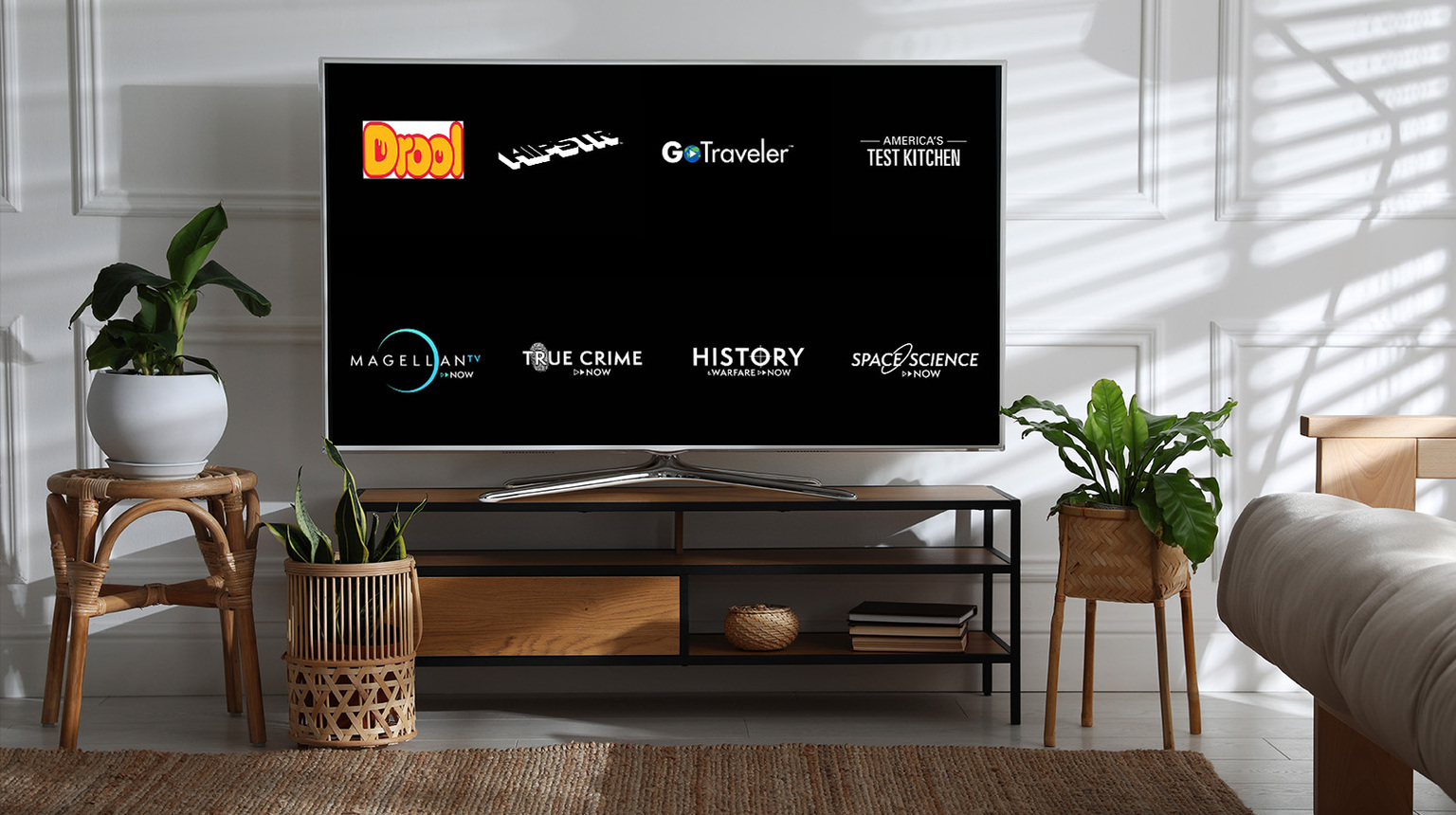Riot Games Selects Sony’s Networked Live Technologies for New Production Facilities
Riot Games will expand its use of Nevion’s VideoIPath for broadcast control and implement Sony’s MLS-X1 scalable production switcher platform at their Seattle and Dublin locations

PARAMUS, N.J.—Sony Electronics has announced that its Networked Live production ecosystem will be used in newly implemented production environments at Riot Games.
Riot Games, which is a major developer and publisher of popular player-focused games like League of Legends and Valorant, has been a customer of Nevion, a Sony Group Company, since 2019.
During this time, Riot deployed Nevion VideoIPath orchestration and Nevion Virtuosos with JPEG XS to build a global, follow-the-sun remote production solution allowing them to produce tournaments and events from any of their production facilities.
As part of the newest deal, Riot Games will install Sony’s MLS-X1 modular live switcher and expand its use of VideoIPath for broadcast control while adding a federation of resources, which is designed to allow orchestration systems to collaborate within and between locations.
The MLS-X1 is an agile and highly scalable switcher that enables multiple units to be connected for simplified expansion that accounts for the future. Resources for the switcher can be divided up allowing it to be used as multiple smaller processing units or combined to support larger shows, based on the demands of the production. Riot will use the MLS-X1 in Dublin, Ireland, and their second remote production site in Seattle, which has begun full operations this year, the company reported.
VideoIPath provides orchestration and Software Defined Networking (SDN) control for connecting, orchestrating, and optimizing media flows across a variety of networks (Serial Digital Interface [SDI] and Internet Protocol [IP]). Riot recently upgraded these capabilities to include modern broadcast control for the new Seattle remote production center. Additionally, through the use of the system’s federation functionality, Riot will connect their Dublin and Seattle locations to leverage multiple autonomous instances of VideoIPath, the companies said.
“Technology is such a vital component to Riot's ability to execute innovative esports productions that ultimately help us connect and engage meaningfully with esports fans around the world,” said James Wyld, principal infrastructure engineer, Riot Games. “Our experience with Sony’s Networked Live ecosystem has allowed us to create a powerful, globally connected model that delivers flexibility and efficiency in how we produce our shows. We chose to expand our footprint with Sony because we see that they share the same commitment, passion and vision for innovation that will help us further elevate our live broadcast and create mind-blowing experiences for fans.”
Get the TV Tech Newsletter
The professional video industry's #1 source for news, trends and product and tech information. Sign up below.
“Riot Games is continuing to push the boundaries of live event production through the use of innovative technology,” added Kento Sayama, deputy vice president, imaging solutions, Sony Electronics. “With the incredible advancements we have made to our Networked Live offering, and through continued support and consultation, Riot Games has enabled centralized resource sharing across the globe that provides ubiquity and prioritizes collaboration. We look forward to strengthening our relationship, and ultimately allowing fans to enjoy the excitement of gaming in real-time.”
Sony explained that Networked Live is a comprehensive portfolio of solutions, products, services, and partners that combines hybrid on-premises and Cloud processing with network connectivity to transform the logistics and economics of critical, high-quality live production. It does this by enabling resources (places, people, and processing) to be connected, used, and shared optimally and seamlessly in productions – regardless of their locations. For more information, visit https://pro.sony/ue_US/live-production/networked-live.
George Winslow is the senior content producer for TV Tech. He has written about the television, media and technology industries for nearly 30 years for such publications as Broadcasting & Cable, Multichannel News and TV Tech. Over the years, he has edited a number of magazines, including Multichannel News International and World Screen, and moderated panels at such major industry events as NAB and MIP TV. He has published two books and dozens of encyclopedia articles on such subjects as the media, New York City history and economics.

